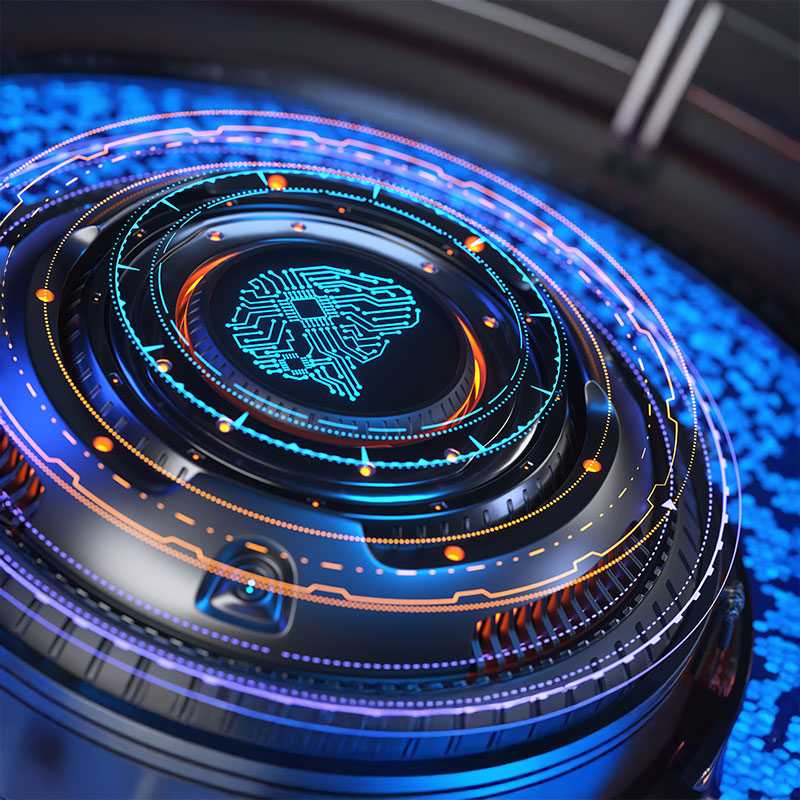

Disruption is hard. It knocks us out of our comfy status quo, and we have to learn to adapt to new ways of doing things but, as the COVID-19 pandemic demonstrated, humans are highly adaptable.
As the world shut down in March 2020 when the World Health Organization declared the global pandemic, businesses and governments adapted quickly to remote working while at home, we embraced online shopping.
Now we are facing possibly the biggest disruption since the first industrial revolution and the invention of the steam engine. We are in the age of the cyber revolution and artificial intelligence (AI) is coming for your job.
This begs the question: what skills are you going to need to adapt in an era where robots and machine learning could make your job redundant?
The good news is that humans are sentient beings. We feel emotions and build close personal relationships privately and in business. The characteristic of empathy is something that artificial intelligence cannot—yet—emulate.
This means that while many jobs and professions will benefit from machine learning and automation to do functional tasks, make production more efficient and deliver faster, more accurate decisions based on information processing, workers will still be required to assess and validate decisions and processes and then relay the outcomes to build consensus among co-workers and management.
There is little doubt that the future of work will look very different in 10 years’ time. Workers will need to acquire new skills and adapt to the increasingly capable machines alongside them in the workplace.
Demand for advanced technological skills such as programming will accelerate rapidly. At the same time, there will be a need for certified professionals—such as doctors, lawyers, accountants and engineers—who have a fundamental understanding of their profession so that they can assess and validate decisions derived by machines.
This evolution of the workplace will place much greater focus on social, emotional and cognitive skills, such as creativity, critical thinking and complex information processing. Emotional intelligence (EI) will become as important, if not more so, than IQ.
Those individuals who have enhanced critical thinking skills and a high emotional intelligence are those who will thrive in the workplace of the future. They will be the workers who can solve problems, drive innovation and embrace new technologies and processes making them more resilient in the face of change.
However, while critical thinking is crucial to adapt to the future of work in a world where machines will increasingly undertake processing roles, it is the ability of humans to empathise and create bonds that will drive successful businesses.
Emotional intelligence forges greater collaboration and enhances teamwork by improving communication and conflict resolution. This is crucial in diverse and often remote work environments.
It also enhances leadership. Leaders with high EI can inspire and motivate their teams, fostering a positive work culture and higher productivity, while also understanding and managing customer emotions, leading to better customer service and satisfaction.
As automation and AI take over routine tasks, these human-centric skills will be key differentiators in achieving personal and organizational success—that is until such a time in a dystopian future where machines develop neural networks that display emotions.


